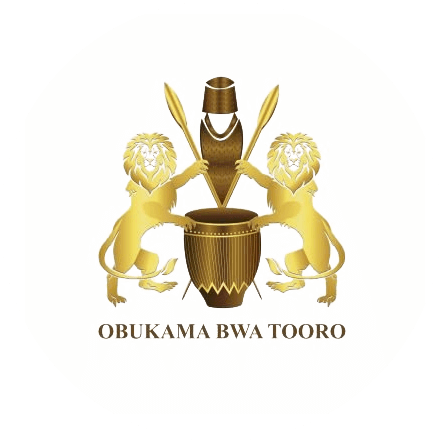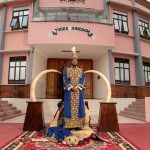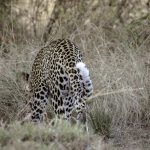Bunyoro and Tooro are well endowed with one of the most admirable cultures in the world with the foods we eat, the way we dress, how we live, our music, ceremonies and rituals which are a very special possession. We are the essence of the unique Empaako heritage which symbolizes endearment, love and respect through a set of 12 distinctive and extraordinary names; Amooti, Akiiki, Araali, Atwoki, Adyeri, Acaali, Bbala, Apuuli, Abwoli, Abbooki, Ateenyi and Okaali specifically reserved for the Omukama (King).
Empaako is a naming system practised by the Batooro, Banyoro, Batuku, Batagwenda and Banyabindi, whereby children are given one of twelve names shared across the communities in addition to their given and family names. Addressing a person by her or his Empaako name is a positive affirmation of social ties. It can be used as a greeting or a declaration of affection, respect, honour or love. Use of Empaako can defuse tension or anger and sends a strong message about social identity and unity, peace and reconciliation. Empaako is given at a naming ceremony performed in the home and presided over by the clan head. The paternal aunts receive the baby and examine its features. Any resemblance to existing relatives forms the basis of the choice of name. The clan head then declares the name to the child. A shared meal of millet and smoked beef follows, gifts are presented to the baby and a tree is planted in its honour.
Okaali, reserved only for the Omukama (king). Okaali is very special in that it is not for everyday use to greet the Omukama. It is used on occasions when our tradition elevates the Omukama to the rank of our gods. When we “worship” our king, we address him as Okaali. The Omukama is the only mutooro with two empaako names. Upon becoming the Omukama, no matter what his empaako was before, he takes the empaako Amooti. This is the one we use to greet him on an everyday basis. On special, traditional ceremonies and rituals, we greet him as Okaali.
Empaako is used for respect, praise and love. Children never call their parents by their real name; they use the empaako. Calling one’s parents by their “real” names is considered a sign of disrespect, even poor upbringing.
When batooro greet each other, they use empaako, e.g. “Oraire ota, Amooti?” (Good morning, Amooti?). Amooti is the empaako in this example. Very often one will hear an exchange like this: “Empaako yaawe?” “What’s your empaako?” “Adyeeri, kandi eyaawe?” “Adyeeri, and what’s yours?”
Having established each other’s empaako, they proceed to exchange greetings. Our relatives, close friends, and (sometimes) important members of the community, expect us to know their empaako. It is impolite not to know it! Sometimes one tries to ask other people while the relative, friend, important person, etc. is not hearing, so one can greet them without having to ask them their empaako. Grown-ups can generically apply the empaako Apuuli to young male children whose empaako they do not know. The empaako Abwooli may be equally applied to young female children.
Empaako was a sign of social identity. When people who were related greeted each other, the younger would sit on the lap of the elder. Among the Babiito, the younger would touch the forehead and chin of the elder before announcing the empaako.
Empaako can be used as a greeting or a declaration of affection, respect, honour or love. Use of Empaako can defuse tension or anger and sends a strong message about social identity and unity, peace and reconciliation. Empaako is given at a naming ceremony performed in the home and presided over by the clan head. The paternal aunts receive the baby and examine its features. Any resemblance to existing relatives forms the basis of the choice of name.
The clan head then declares the name to the child. A shared meal of millet and smoked beef follows, gifts are presented to the baby and a tree is planted in its honour. The transmission of Empaako through naming rituals has dropped dramatically due to a general decline in appreciation of traditional culture and the diminishing use of the language associated with the element.






